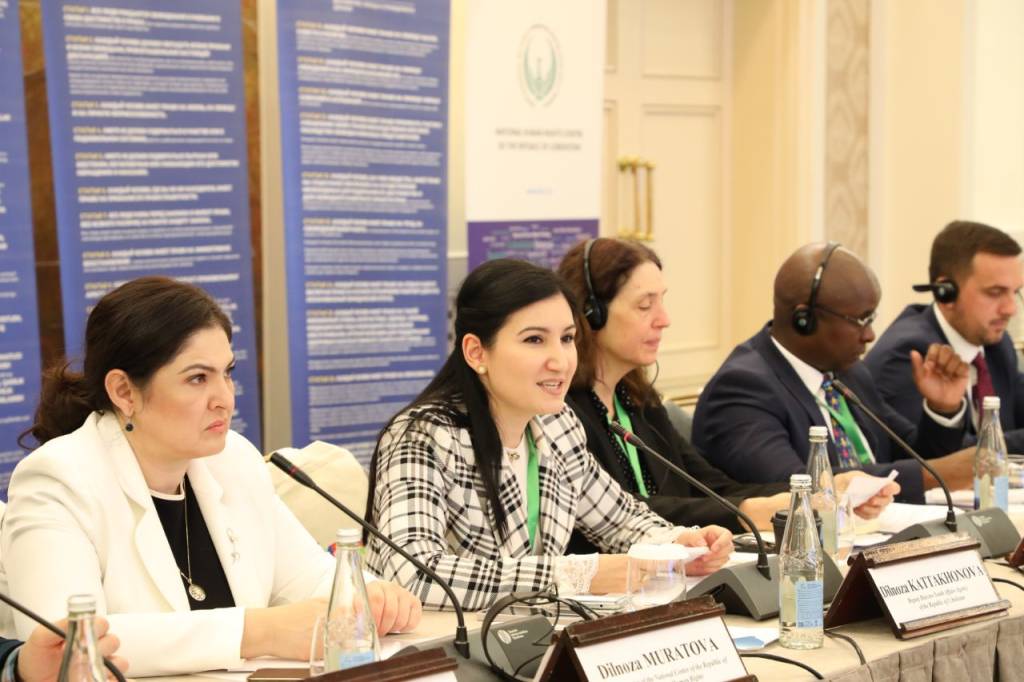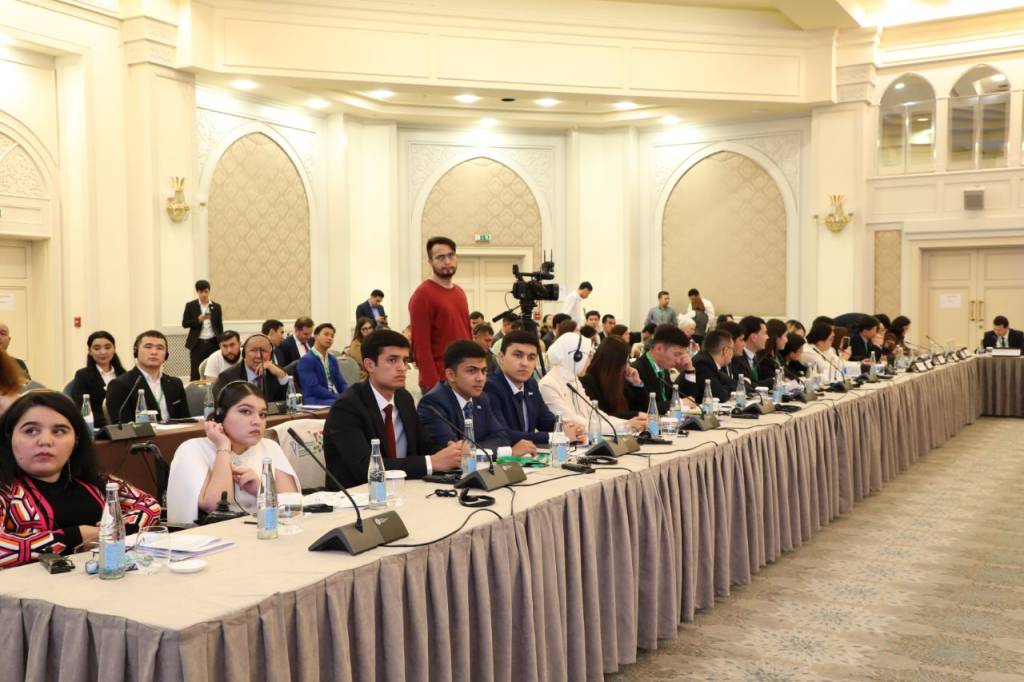
This was discussed at the first plenary meeting of the Central Asian Youth Forum.
It was noted that at the 78th session of the UN General Assembly held in New York, the President of the Republic of Uzbekistan Shavkat Mirziyoyev proposed another vital initiative in the field of youth – the establishment of a working group under the UN to support the development of the youth of Central Asia. This initiative is a clear example of the highest interest in ensuring and realizing the rights of the region’s youth.
Also, on the initiative of the President of Uzbekistan, on September 15, 2023, the leaders of the Central Asian countries signed the Agreement on the General Directions of Youth Policy aimed at providing conditions for the broader involvement of young people in the cultural, political, social and economic life of society. The purpose of adopting this regional document is to strengthen cooperation in youth policy.
The first plenary session was moderated by Matilda Bogner, the Regional Representative of the UN Office of the High Commissioner for Human Rights for Central Asia, Dilnozakhon Kattakhonova, Deputy Director of the Youth Affairs Agency of the Republic of Uzbekistan.

As the speakers noted, human rights education is essential for effectively enjoying human rights and fundamental freedoms, promoting tolerance, non-discrimination, equality, conflict prevention, and countering violent extremism. Effective human rights education not only provides knowledge about human rights and mechanisms for their protection, but also develops the skills necessary to promote, protect, and implement human rights in everyday life.
Participants discussed the leading role of youth in modern society. It looked at how human rights education can help young people build informed and engaged citizens who can counter violent extremism.
Practical proposals were put forward to develop decisions and recommendations to serve as a foundation for future practical work and political initiatives in youth rights. The importance of further strengthening cooperation between states, international organizations, civil society, and youth organizations in protecting youth rights was noted.
According to the speakers, involving young people in decision-making and planning processes related to their rights and interests is very important. It is necessary to encourage the implementation and development of programs and projects to ensure equal opportunities for modern people, increase their potential, and improve their lives.
Nazokat Usmanova, UzA








